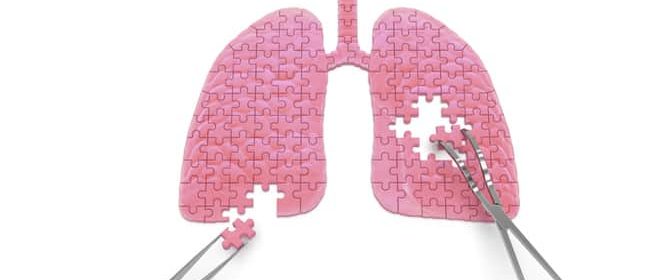While new generations of existing antibiotic classes have predominated pipelines, novel nonantibiotic approaches such as antitoxins are gradually taking a more prominent position to address today’s most challenging issues in the field, particularly the threatening rise of resistant strains and unacceptably high rates of treatment failure and mortality despite the best of care. The clinical-stage broad-spectrum antitoxin agent CAL02, which is active against both gram-positive and gram-negative bacteria, including ESKAPE pathogens, is discussed in the study.
CAL02 inhibits bacterial pore-forming toxins, enzymes, and toxin-effector virulent appendages, all of which play an important and upstream role in pathogenic processes that cause the progression and severity of infections such as severe pneumonia, bacteremia, and sepsis. The current review emphasizes how combination therapy with antimicrobial compounds that work in synergy with antibiotics, via novel modes of action, has the potential to significantly enhance the standard of care and reverse the morbidity and mortality associated with resistant infections.
Academia, business, doctors, and regulatory authorities are all working together to gain a better understanding of the different unorthodox techniques under development. Antitoxin therapies that are novel assist to change the antibiotic-driven mindset.
Reference:journals.lww.com/clinpulm/Abstract/2018/05000/CAL02_Liposomes_and_Other_Antitoxins__A_New.2.aspx


